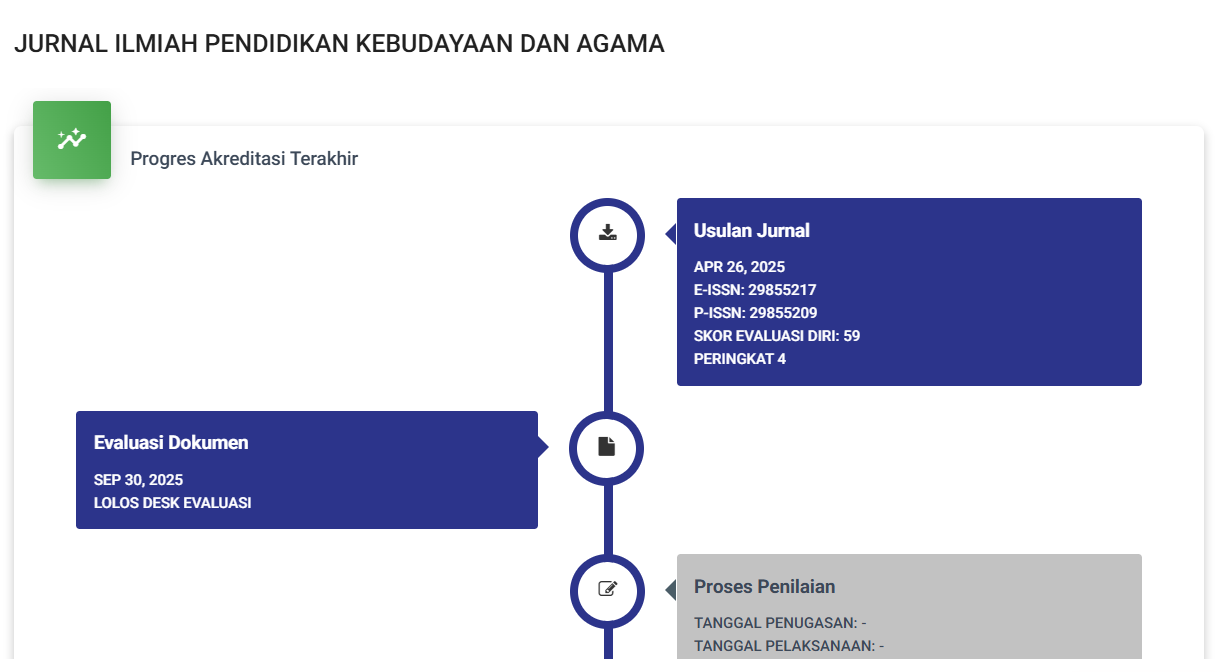PENDEKATAN UMUM DALAM SUPERVISI PENDIDIKAN
DOI:
https://doi.org/10.59024/jipa.v3i1.1020Abstract
This study aims to explore an effective educational supervision approach in the context of education in Indonesia, taking into account the influence of religious and cultural values. The background of this study is based on the importance of the role of supervisors in supporting teachers to achieve the educational goals that have been set. The method used is a descriptive qualitative approach, where data is collected through observation and interviews with educators as key informants. The findings of the study indicate that a collaborative and non-directive supervision approach is more effective in improving the quality of teaching, compared to a directive approach. In addition, social interaction between supervisors and teachers has been shown to be important in building better understanding and practice. The implications of this study emphasize the need for training for supervisors to develop skills in providing constructive feedback and creating a supportive working atmosphere. Thus, this study contributes to the development of better educational supervision practices, which can improve the quality of education in schools.
References
Arikunto, S. (2010). "Dasar-Dasar Supervisi Pendidikan". Bumi Aksara.
Dillenbourg, P. (1999). What do you mean by collaborative learning? Dalam P. Dillenbourg (Ed.), Collaborative learning: Cognitive and computational approaches (pp. 1-19). Oxford: Elsevier Science.
Graham, C. R., & Misanchuk, M. (2004). Computer-mediated learning groups: Benefits and challenges to using groupwork in online learning environments. In T. S. Roberts (Ed.), Online collaborative learning: Theory and practice (pp. 181–202). Hershey, PA: Information Science Publishing.
Graham, C. R., & Misanchuk, M. (2004). Computer-mediated learning groups: Benefits and challenges to using groupwork in online learning environments. In T. S. Roberts (Ed.), Online collaborative learning: Theory and practice (pp. 181–202). Hershey, PA: Information Science Publishing.
Glickman, C.D., Gordon, S.P., Ross-Gordon, J.M. (2018). Supervision and Instructional Leadership: A Developmental Approach.
ischer, F., & Mandl, H. (2005). The role of collaborative knowledge building in the learning process. In A. P. de Groot, J. H. E. H. de Bruijn, & T. L. E. Moen (Eds.), Learning and instruction: A critical perspective (pp. 41–61). Routledge.
Johnson, D. W., & Johnson, R. T. (1999). Learning together and alone: Cooperative, competitive, and individualistic learning (5th ed.). Boston: Allyn and Bacon.
Kivlighan, D. M., Shaughnessy, P. (2017). "The Role of the Therapeutic Alliance in Non-Directive Counselling: A Meta-Analytic Review." *Counselling Psychology Quarterly
Mulyasa, E. (2009). "Manajemen Berbasis Sekolah". Remaja Rosdakarya.
Roestiyah. 2008. Istrategi belajar mengajar.Jakarta: Rineka Cipta
Sahertian, Piet A. 2000. Konsep Dasar dan Teknik Supervisi dari Suatu Proses yang Disebut Pendidikan. Bandung: Alfabeta.
Vangen, S., & Huxham, C. (2000). The search for collaborative advantage. Public Management Review, 2(2), 191-213.
Vygotsky, L. S. (1978). Mind in society: The development of higher psychological processes. Cambridge, MA
Downloads
Published
Issue
Section
License
Copyright (c) 2024 JURNAL ILMIAH PENDIDIKAN KEBUDAYAAN DAN AGAMA

This work is licensed under a Creative Commons Attribution-ShareAlike 4.0 International License.










